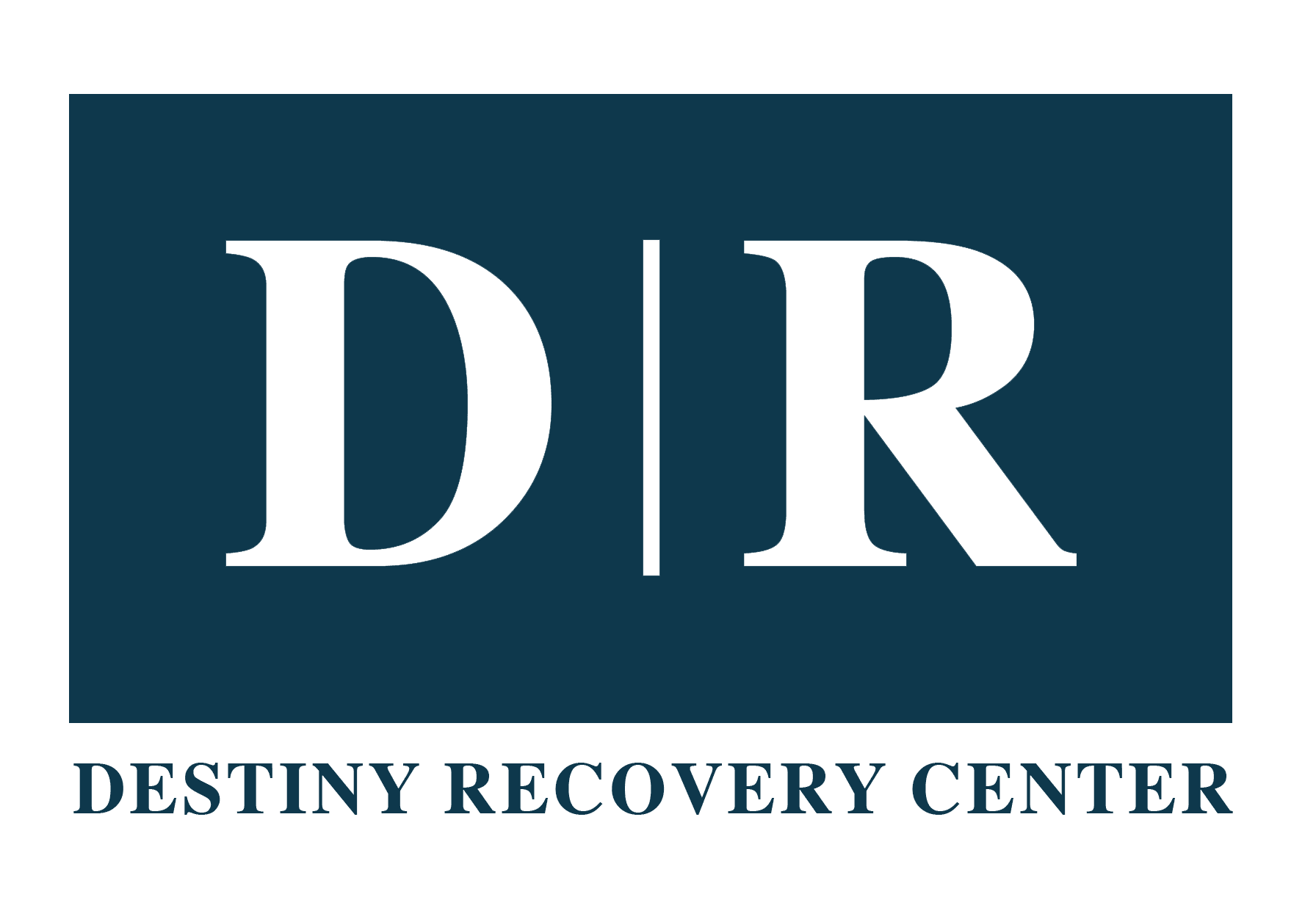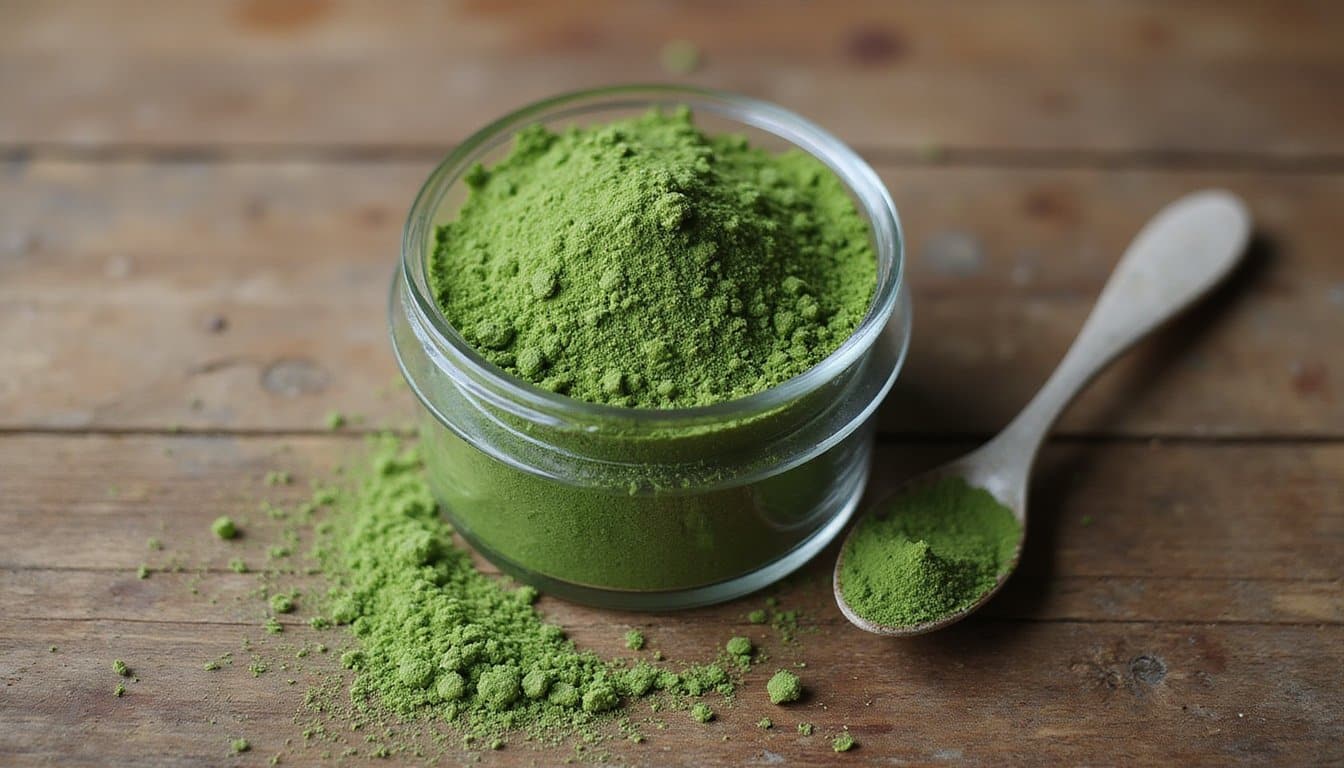Journaling has been a powerful yet basic form of communication since the beginning of time. For centuries people have written down recipes, family history, directions, and instructions and told stories through writing.
However, journaling for mental health value has its own unique power. Journaling allows someone with overactive thoughts to drain these thoughts onto paper and support clearing the business of their mind. Those with emotional trauma may find writing these thoughts and feelings, knowing they will not be shared with anyone else and they are safe, may find solace in removing these thoughts from their mind and entering them into a small secret book.
Therapeutic Benefits of Journaling
Words have power. Therefore, putting these words, which may be replayed over and over in our heads, time and time again leads to torment and resentment. However, individuals can place them on paper and request they stay there. They can get them out of their head and onto paper, then even shred or burn them. This is the powerful symbolism of letting go of trauma.
The Department of Veteran Affairs (VA) shared in an article the benefits therapeutic journaling has for medical conditions, including chronic pain, immunity, and sleep. They describe the strategies and benefits of utilizing journaling to cope with situations that arise in life, including separation, loss of employment, death, and stress in general. According to the VA, “The simple act of expressing thoughts and feelings on paper about challenging and upsetting events can allow us to move forward by expressing and letting go of the feelings involved.”
As mental health symptoms continue to rise, the medical field is exploring and implementing strategies to address the whole person versus a targeted diagnosis. Treatment is progressing towards a “whole person” approach to care to ensure the “big picture” is being reviewed. When someone is dealing with one issue, many symptoms are often simultaneously experienced.
Reviewing everything that is going on may result in a complete and more positive solution for the individual. Journaling and reflection will offer the individual a deeper understanding of the symptoms and emotions they are dealing with and insight to discuss with their healthcare professional.
Journaling and Relapse Prevention
Resentment is one of the number one triggers for relapse. The anger or hurt one holds with resentment trickles over into all aspects of their life. Becoming irritable and discontent is a huge red flag for those in recovery. It is crucial for those individuals to be aware and have a strategy for when those feelings arise. Being able to have a tool within reach to pour the anger and hurts right into is a safety net for those considering other options, including drifting away from their program.
A sponsor or mentor will often encourage journaling as a relapse prevention resource. Suggesting ways to utilize journaling, to either reflect on life circumstances that might need to be sorted out, history with a substance, thoughts about their beliefs, listing triggers, or even just listing good things that happened recently are all ways those in recovery often lean on journaling to clear their minds.
Sometimes writing is not as natural for some as for others. Listing is a great solution for those starting out. This often leads to the flow of thoughts. Knowing that the journal does not need to be reviewed by anyone else is also powerful. It can be kept completely for one’s own resource and is not required to be shared. This often relieves the pressure of having to write a certain way.
Destiny Recovery Center’s Incorporation of Journaling
While offering many forms of therapy, journaling is supported throughout. Whether working in a recovery program with a sponsor or mentor, in group sessions, or one on one with a mental health support personnel, journaling is a tool used in all of these settings. During personal time, in the privacy of one’s own room, or in the reading area, clients are given time to reflect and journal on topics they may be finding difficult or growth they have felt during their experience in recovery.
Gratitude journals are often mentioned in various recovery programs because of the value they bring to someone in recovery. Listing the things they are grateful for each day brings additional attention to the “good things” that are happening in one’s life rather than the negative. Focusing on positives brings forth more positivity, and one’s mood tends to lift by just this simple act.
Treatment at Destiny Recovery Center involves a lot of hands-on, out-in-nature activities such as hiking, yoga, and meditation, and walks on the beach. Journaling during or after these experiences might offer thoughts on situations that hadn’t been discovered or reflected on before. This allows for deeper growth and healing to take place. Regardless of the intention of initiating journaling into a recovery program, it will certainly offer benefits in all aspects of one’s life.
Journaling is a strategy used to clear your mind, reflect, and categorize thoughts, and as a tool to defuse emotions. For someone in recovery, being able to use journaling as a tool and being comfortable enough that it is an automatic response in situations could make the difference in being able to prevent a possible relapse. Destiny Recovery Center incorporates journaling into our program to ensure clients are confident in the process of journaling. By providing opportunities to experience the power that journaling offers, clients are able to use this tool throughout their recovery. Call Destiny Recovery Center at (909) 413-4304 to hear more about the variety of programs and therapies offered.







